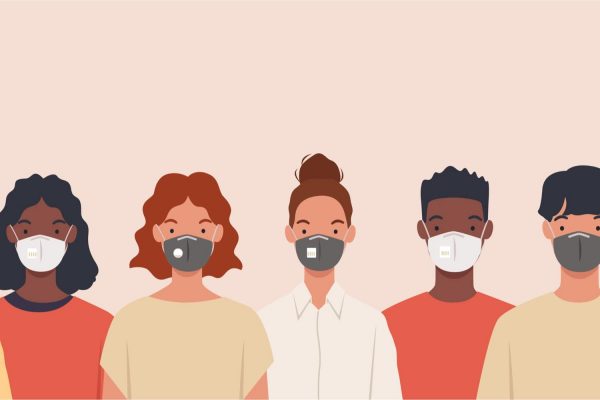Effective Jan. 26, 2021, a new CDC policy will require all international air passengers, including American citizens, to provide proof of a negative covid-19 test before boarding international flights to the United States. The covid-19 test must be taken within three days prior to departure.
- The expanded testing requirements follow a significant post-holiday surge in covid-19 cases in the United States. Previously, on December 27, the CDC had implemented expanded testing requirements for international travelers arriving to the United States from the United Kingdom.
Clients should also take note of the following travel ban updates:
- Covid-19 related travel bans impacting travelers from China, the Schengen Area, United Kingdom, Ireland, and Brazil remain intact.
- On December 31, 2020, Presidential Proclamation 10052 was extended until March 31, 2021, although the recent extension is expected to be subject to change as President-elect Joseph Biden takes office on January 20.
- Regarding entry through the United Kingdom – With specific exceptions, foreign nationals who have been in the UK during the past 14 days may not enter the US, even with a negative test result.
Resources:
- CDC Recommendations for Testing and Air Travel
- Wall Street Journal, Jan 12, “U.S. to Require Covid-19 Tests for All International Visitors”
- New York Times, Jan 12, “U.S. to Require Negative Virus Tests From International Air Travelers”
- State Department Covid-19 Travel Info
Consular Processing Resources:


